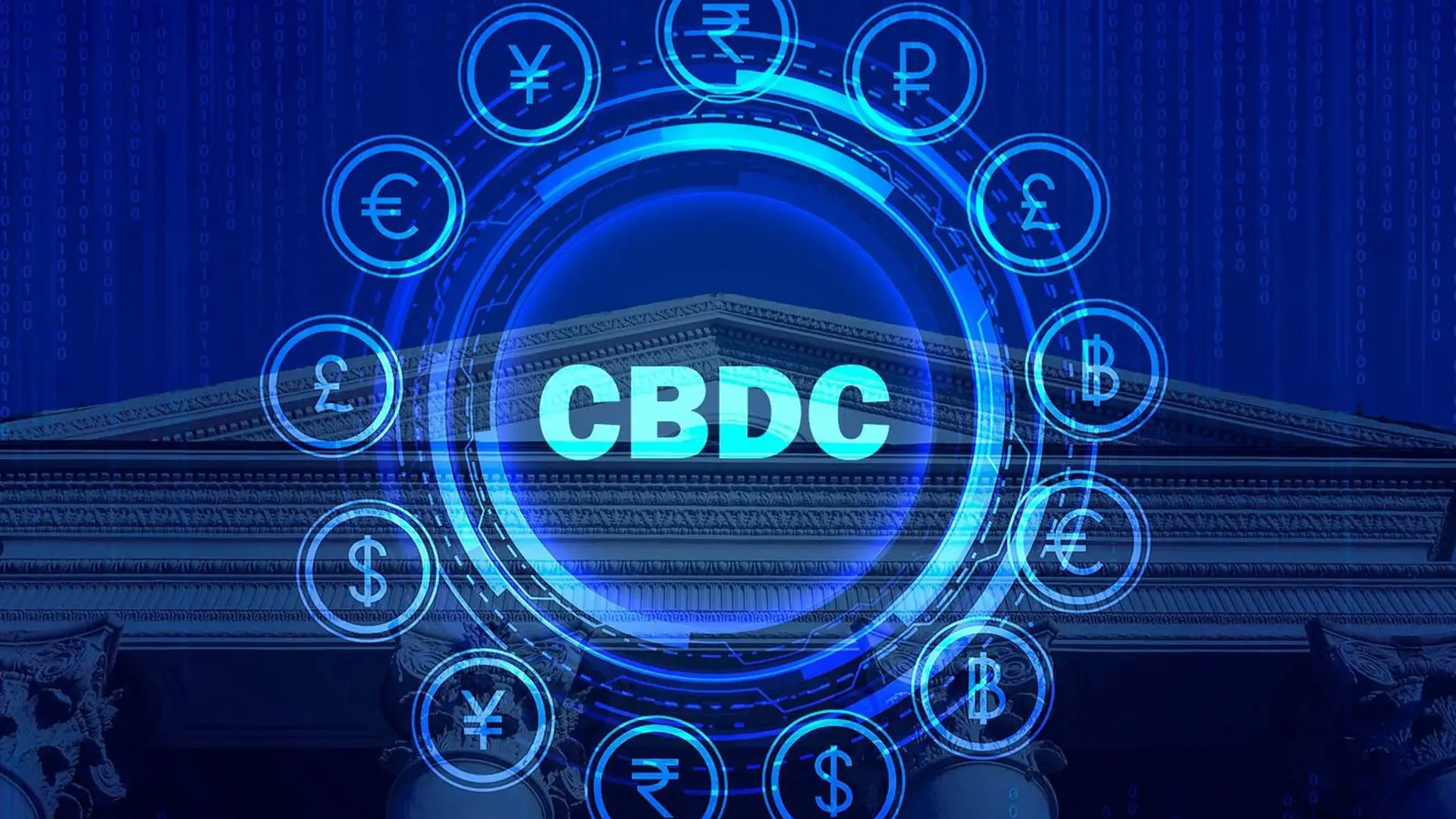In a surprising move that intertwines national security with financial privacy, House Republicans have successfully integrated a provision into the National Defense Authorization Act (NDAA) aimed at blocking the Federal Reserve from developing or issuing a central bank digital currency (CBDC). This daring strategy has ignited a heated debate, pitting concerns of government surveillance against the prospects of digital currency advancement in the U.S.
Legislative Maneuvers Spark Tension
The passage of this anti-CBDC provision was not without controversy, culminating in a nine-hour stalemate in the House. Republicans strategically withheld their support for three cryptocurrency bills until assurances were made for the inclusion of the anti-CBDC clause. The provision, embedded in bill H.R. 3838, explicitly prohibits the Federal Reserve from testing, developing, or implementing any form of CBDC while allowing exemptions for dollar-denominated currencies that adhere to privacy standards.
This legislative maneuver also serves to codify a previous executive order by former President Trump, which sought to halt federal exploration into CBDC. “By attaching our Anti-CBDC Surveillance State Act to the NDAA, we are ensuring that unelected bureaucrats can never trade Americans’ financial privacy for a CCP-style surveillance tool,” stated Congressman Tom Emmer, reflecting the sentiments of many who view government oversight of digital currency as a dangerous pitfall.
Supporters Rally behind Financial Privacy
Supporters of the anti-CBDC measure argue that the implementation of a CBDC could pave the way for expanded government surveillance and inhibit essential freedoms. Emmer voiced these concerns passionately, stating, “A CBDC is government-controlled programmable money that could surveil and restrict Americans’ transactions.” He drew parallels to countries like China, where CBDCs are reportedly utilized to monitor financial behavior and enforce compliance with social norms.
Backing from significant factions, including the White House, underscores a broad recognition that this legislation is intertwined with protecting financial privacy and upholding constitutional liberties. As the debate rages on, voices like Congressman Byron Donalds have proclaimed, “Central Bank Digital Currency would give unelected bureaucrats in our federal government absolute control over YOUR MONEY. This is wrong & this is a dangerous threat to freedom.”
Concerns from the Banking Sector
However, the initiative has not gone unchallenged. The American Bankers Association (ABA) has raised alarms regarding the potential ramifications of such legislation on economic stability and the broader banking system. Rob Nichols, the ABA’s president, warned that the ban on CBDCs could disrupt credit extension, worsen economic crises, and impede monetary policy effectiveness. “It could fundamentally change the relationship between U.S. citizens and the Fed,” Nichols cautioned, emphasizing the critical balance between protecting consumer privacy and ensuring financial oversight.
Opponents of the bill internalize the risk of overreach, arguing that such a prohibition on CBDCs may inadvertently hinder technological advancement and the U.S.’s competitiveness in the global digital currency landscape. Some fear it could disintermediate community banks, endangering their ability to serve local economies effectively. “We need to protect the core principles that make this country exceptional,” Emmer asserted, pushing back against critiques while advocating for privacy-preserving alternatives to state-controlled digital currencies.
Global Landscape and Future Considerations
In the larger global context, the moves by the U.S. legislature are particularly striking. As of now, 135 countries are exploring the introduction of digital currencies, over half of which are in advanced stages of development, compared to just 35 in 2020. This rapid adoption signals a notable shift in how nations view digital currency, and the U.S.’s hesitance might prompt shifts in its influence on the financial stage.
As this contentious bill awaits Senate approval, experts foresee that thoughtful navigation of these emerging technologies will be vital. Blockchain proponent Nanak Nihal Khalsa argues that the U.S.’s position might open doors for innovation in privacy-preserving currencies. “The development of alternative frameworks offers a promising path that aligns more closely with American values than extensive federal oversight,” he notes, suggesting that the conversation around CBDCs and privacy is just beginning.
Final Thoughts: Balancing Privacy and Innovation
The recent legislative actions around CBDCs present a critical juncture for the future of finance in America. Resolving the tension between financial innovation and individual privacy will be crucial as technology continues to evolve. While the anti-CBDC measure illustrates a strong stance against perceived government overreach, it simultaneously raises questions about the U.S.’s readiness to engage competitively in the global digital economy.
As skepticism grows, it remains imperative that policymakers prioritize a balanced approach—ensuring that privacy rights are upheld without stifling the benefits that come from technological advancement. The outcome of the NDAA’s provisions on CBDCs might very well shape the financial landscape for generations to come, highlighting a pivotal moment in the intersection of technology, policy, and the fundamental liberties of American citizens.





